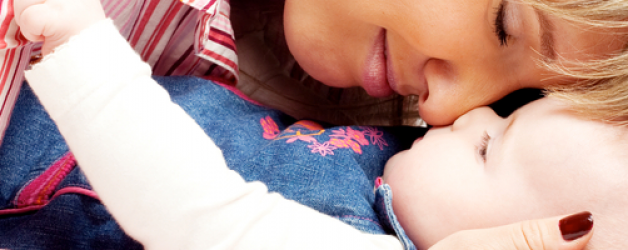While numerous SSRI lawsuits have been filed charging that the antidepressants caused patients to exhibit violent behavior, new information indicates that SSRI drugs may cause another serious concern: birth defects. Recent studies show that the drugs are directly linked to birth defects, therefore leading to a rise in lawsuits in the US.
This is not new news though. Over the last decade there have been several lawsuits against drug manufacturers. In an article written by Evelyn Pringle for the website naturalnews.com in February 2010, she states that, GlaxoSmithKline has paid out close to $1 billion to resolve lawsuits involving Paxil since the drug came on the market in 1992, according to a December 14, 2009 Bloomberg report. But the billion dollars does not cover the more than 600 Paxil birth defect cases currently pending in multi-litigation in Pennsylvania. And this was in 2010, only against the drug Paxil, and only in the state of Pennsylvania.
When the US Food and Drug Administration (FDA) approved the SSRI antidepressant Prozac in 1998, it became the most widely prescribed SSRI drug for depression on the market. Two years before that FDA approval, a 1996 study published in the New England Journal of Medicine revealed that women taking Prozac during pregnancy were two times as likely to deliver a baby with three or more minor abnormalities and poorer than average neonatal adaptation. Yet this drug is still being prescribed today.
With any of these common antidepressant drugs, birth defects can be caused and children can have life-long medical issues. In addition to emergency treatment at birth, children face years of surgery, physical, emotional and developmental issues. Families of children who have suffered these birth defects have filed SSRI lawsuits claiming that the manufacturers were aware of the problems the anti-depressant could cause, but did not immediately warn doctors and patients. As a result, pregnant women continued to take SSRI drugs, putting even more babies at risk.
Consumer News Weekly reported in an article February 2, 2011 that Zoloft birth defect lawsuits are on the rise as well and that there may be a Zoloft class action lawsuit with possible compensation from Zoloft settlements.
As recently as last month, according to a report by Consumer Affairs (03/28/11) a Louisiana couple claims that Glaxo SmithKline’s Paxil, taken by the mother during pregnancy, caused their child’s birth defects, including a club foot and other congenital defects and disorders and filed charges in federal court on March 25, 2011.
In the case, being heard in Lake Charles, La., Russell and Desiree Figueroa say they did not discover that the injuries to their son, Joseph, were caused by Desiree’s use of Paxil until years after their son’s birth on Nov. 12, 2003. They allege that Glaxo SmithKline concealed information about the possible harmful effects of taking Paxil during pregnancy. This isn’t the only suit that the company is currently faced with, there are also approximately 100 lawsuits that remain pending, with five reportedly set to go to trial in May 2011.
Drug companies are notorious for downplaying the risk to fetuses of the use of these drugs during pregnancy. If you were taking an SSRI while pregnant, or even before you found out you were pregnant, there is a possibility that your child’s birth defect was caused by the drug, even if you stopped taking it once you found out you were pregnant. Recent litigation has held these drug companies accountable for their failure to warn of these risks. If you or a loved one has taken an SSRI and given birth to a child with a congenital birth defect, you may be entitled to compensation.

